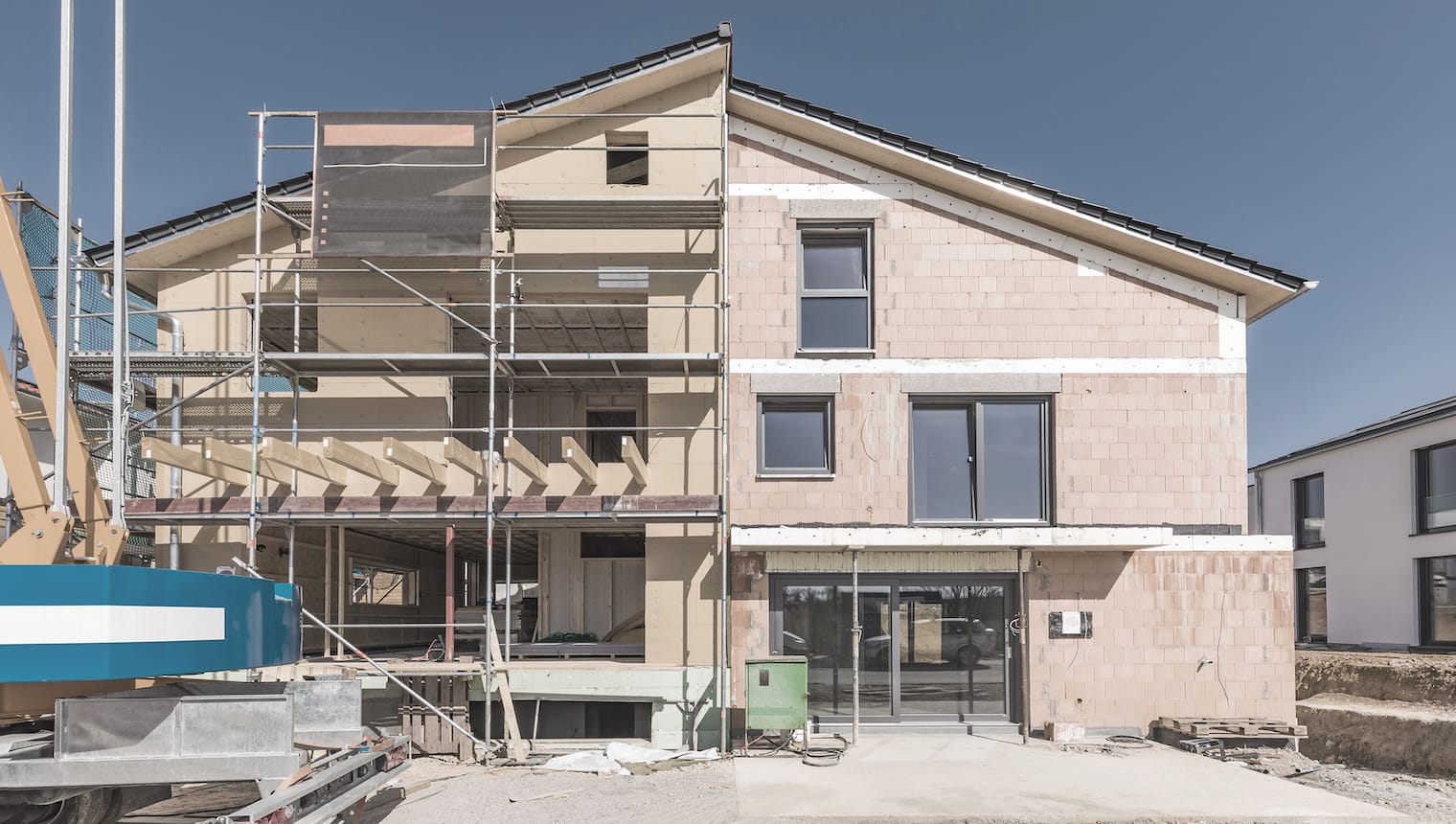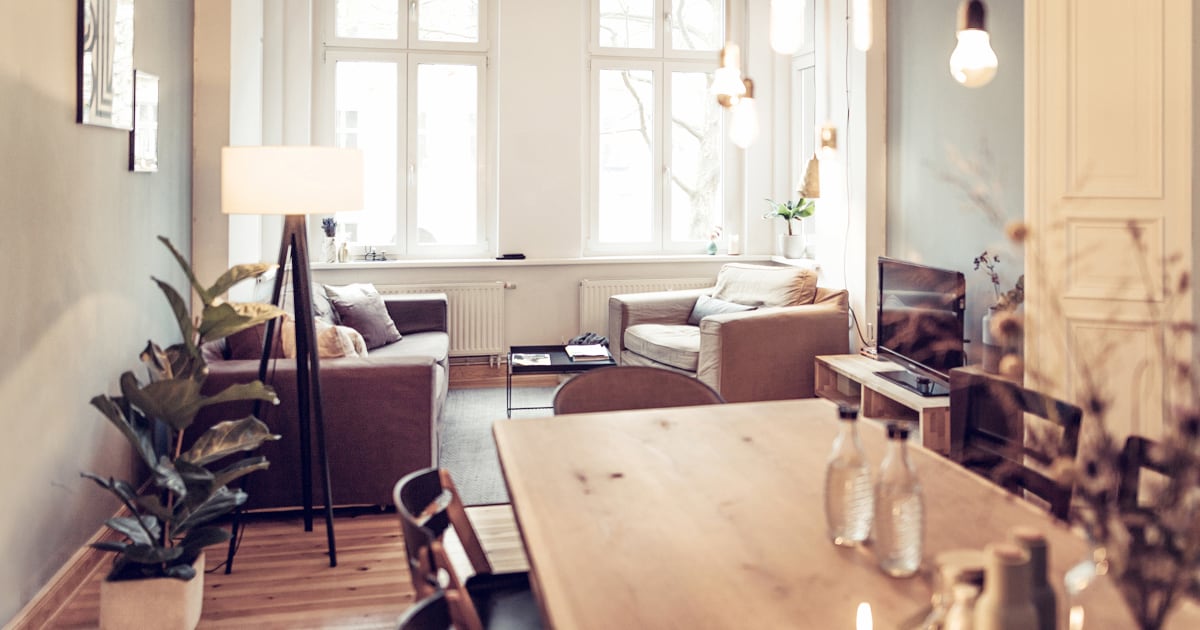In the same way as you might negotiate the price when purchasing a car, sofa or television, you can also negotiate the price when buying a house. Nevertheless, in the Swiss real estate market, this requires a touch of skill and expertise.
Often, the seller has factored in some room for negotiation. If, however, the property is clearly proving to be very popular with several interested parties, haggling over the price may give a negative impression that could result in you being crossed off the list of prospective buyers.
If the property has been on the market for quite some time, or if construction defects have come to light, it is definitely worth negotiating the price. Any savings made can go towards financing your renovations. A low price also reduces incidental costs (for example, registration in the land register and payment to a notary).




